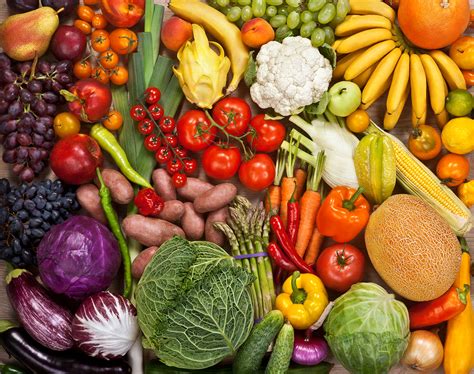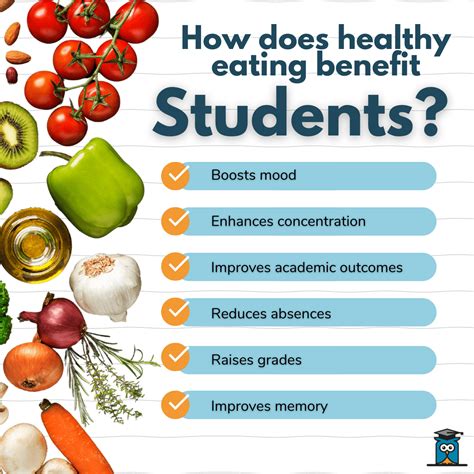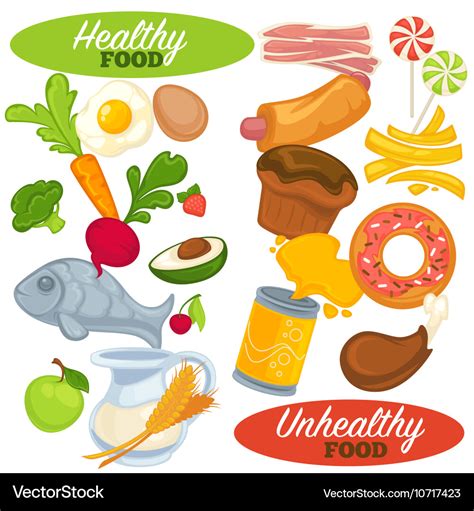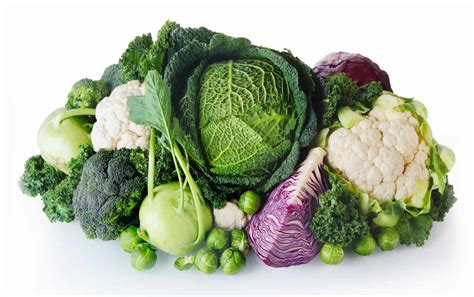How can diet naturally boost men’s testosterone for strength & vitality?

Understanding Testosterone and Diet
Testosterone, the primary male sex hormone, plays a pivotal role in men’s health, influencing everything from muscle mass and bone density to mood, energy levels, and libido. While its levels naturally decline with age, dietary choices offer a powerful, natural avenue to support healthy testosterone production and maintain strength and vitality. Far beyond supplements, a well-planned diet can provide the essential building blocks and regulatory compounds your body needs.

Crucial Nutrients for Testosterone Production
Several micronutrients are indispensable for optimal testosterone synthesis and hormonal balance:
- Zinc: This mineral is critical for numerous enzymatic reactions, including those involved in testosterone production. Studies show zinc deficiency can lead to reduced testosterone levels. Excellent sources include oysters, red meat (beef, lamb), poultry, beans, nuts (especially pumpkin seeds), and whole grains.
- Vitamin D: Often referred to as the “sunshine vitamin,” Vitamin D also functions as a steroid hormone in the body. Research indicates a strong correlation between adequate Vitamin D levels and higher testosterone. While sunlight is the primary source, dietary options include fatty fish (salmon, mackerel, tuna), fortified milk and cereals, and egg yolks.
- Magnesium: An essential mineral involved in over 300 bodily processes, magnesium helps keep testosterone free (not bound to proteins) and available for use. Rich sources include leafy green vegetables (spinach, kale), nuts (almonds, cashews), seeds, legumes, and dark chocolate.
Incorporating Healthy Fats and Balanced Macronutrients
Contrary to popular belief, certain fats are crucial for hormone production. Testosterone is synthesized from cholesterol, making healthy fats a necessary component of your diet.
- Monounsaturated and Polyunsaturated Fats: Found in avocados, olive oil, nuts (almonds, walnuts), seeds (chia, flax), and fatty fish, these fats support overall hormonal health. Aim to replace unhealthy saturated and trans fats with these beneficial options.
- Protein: Adequate protein intake is vital for muscle repair and growth, which is intrinsically linked to testosterone’s effects. Lean meats, poultry, fish, eggs, dairy, and plant-based proteins (lentils, beans, tofu) should be staples.
- Carbohydrates: Don’t shun carbs entirely. Complex carbohydrates from whole grains, fruits, and vegetables provide energy for workouts and help manage stress hormones like cortisol, which can negatively impact testosterone.

Foods to Limit or Avoid
Just as some foods boost testosterone, others can hinder its production or promote hormonal imbalance:
- Processed Foods and Sugary Drinks: High intake of refined sugars and unhealthy fats found in processed foods can lead to insulin resistance, inflammation, and weight gain—all factors that can suppress testosterone.
- Excessive Alcohol: Chronic heavy drinking can damage testicular cells and interfere with hormonal pathways, leading to lower testosterone levels.
- Soy Products (in excess): While moderate soy intake is generally safe, very high consumption of soy products containing phytoestrogens may have a mild estrogenic effect, potentially impacting testosterone levels in sensitive individuals.
- Certain Vegetable Oils: Some highly processed vegetable oils (e.g., soybean, corn oil) are high in omega-6 fatty acids, and an imbalance with omega-3s can promote inflammation, which is detrimental to hormone health.

The Role of Cruciferous Vegetables and Antioxidants
Cruciferous vegetables like broccoli, cauliflower, cabbage, and Brussels sprouts contain compounds like indole-3-carbinol (I3C) that help the body metabolize estrogen more efficiently. While estrogen is essential, an imbalance where estrogen levels are too high relative to testosterone can negatively impact male hormonal health. Including these vegetables regularly can support a healthy estrogen-to-testosterone ratio.
Additionally, a diet rich in antioxidants (from berries, colorful fruits, and vegetables) helps combat oxidative stress, which can damage Leydig cells (the cells in the testes that produce testosterone).

Beyond Diet: Complementary Lifestyle Factors
While diet is paramount, remember that testosterone levels are also influenced by other lifestyle factors. Ensure you prioritize:
- Adequate Sleep: Poor sleep significantly impacts hormone regulation.
- Regular Exercise: Especially strength training and high-intensity interval training (HIIT).
- Stress Management: Chronic stress elevates cortisol, which can suppress testosterone.

Conclusion
Naturally boosting testosterone for enhanced strength and vitality is an achievable goal through strategic dietary choices. By focusing on nutrient-dense foods rich in zinc, Vitamin D, magnesium, and healthy fats, while limiting processed items and excessive alcohol, men can lay a robust foundation for optimal hormonal health. Combine these dietary strategies with sound lifestyle habits, and you’ll be well on your way to maximizing your natural potential for strength, energy, and overall well-being.









